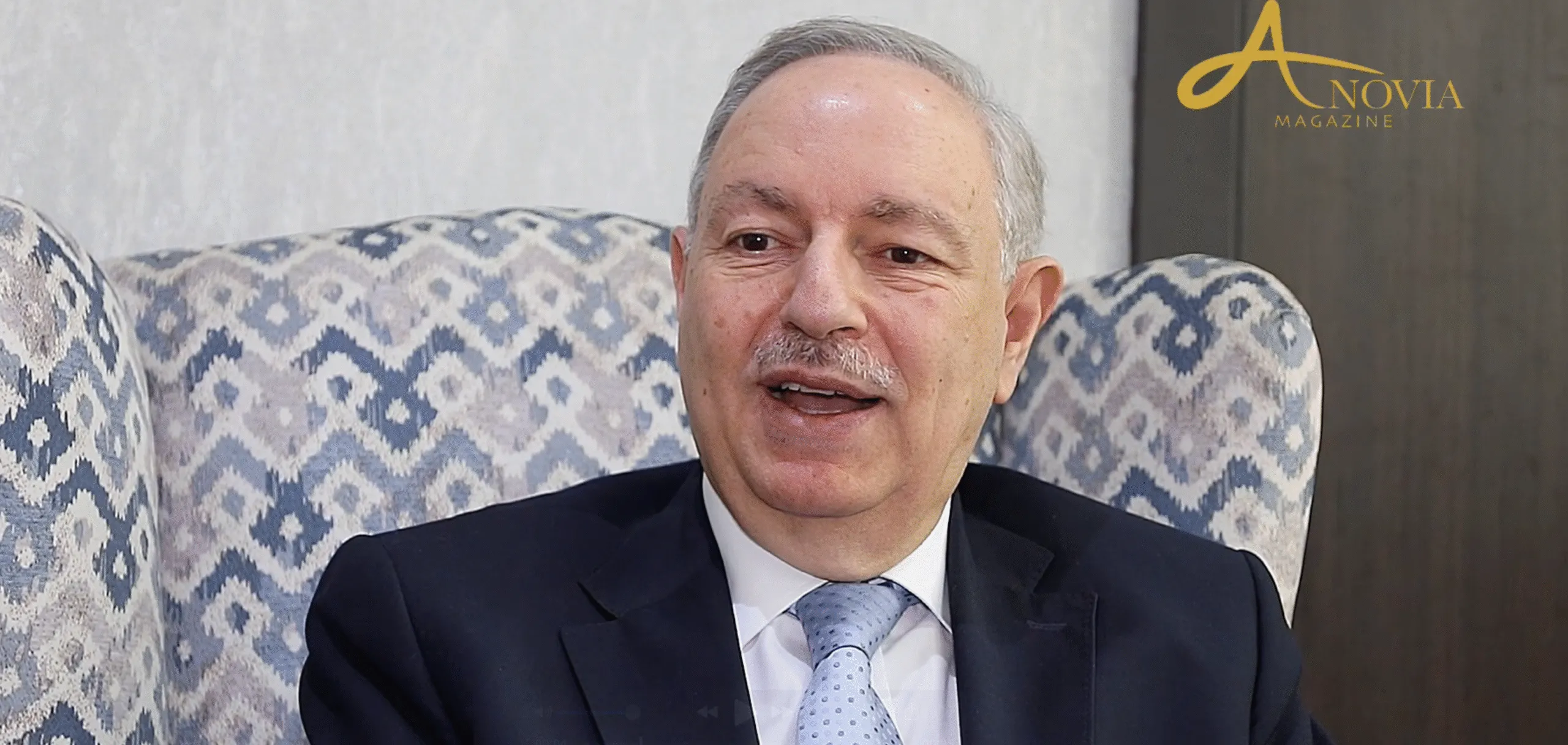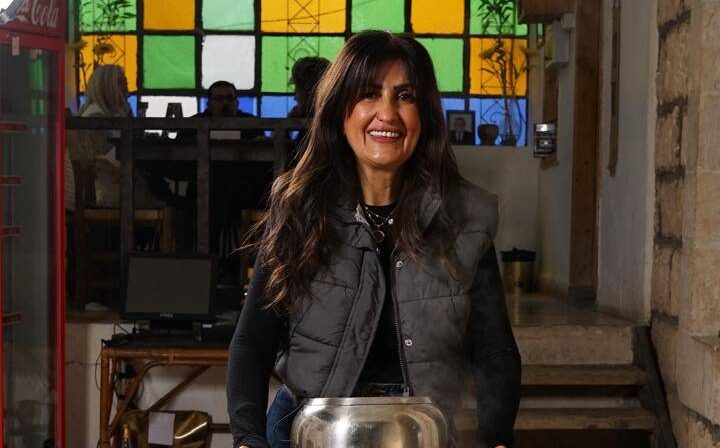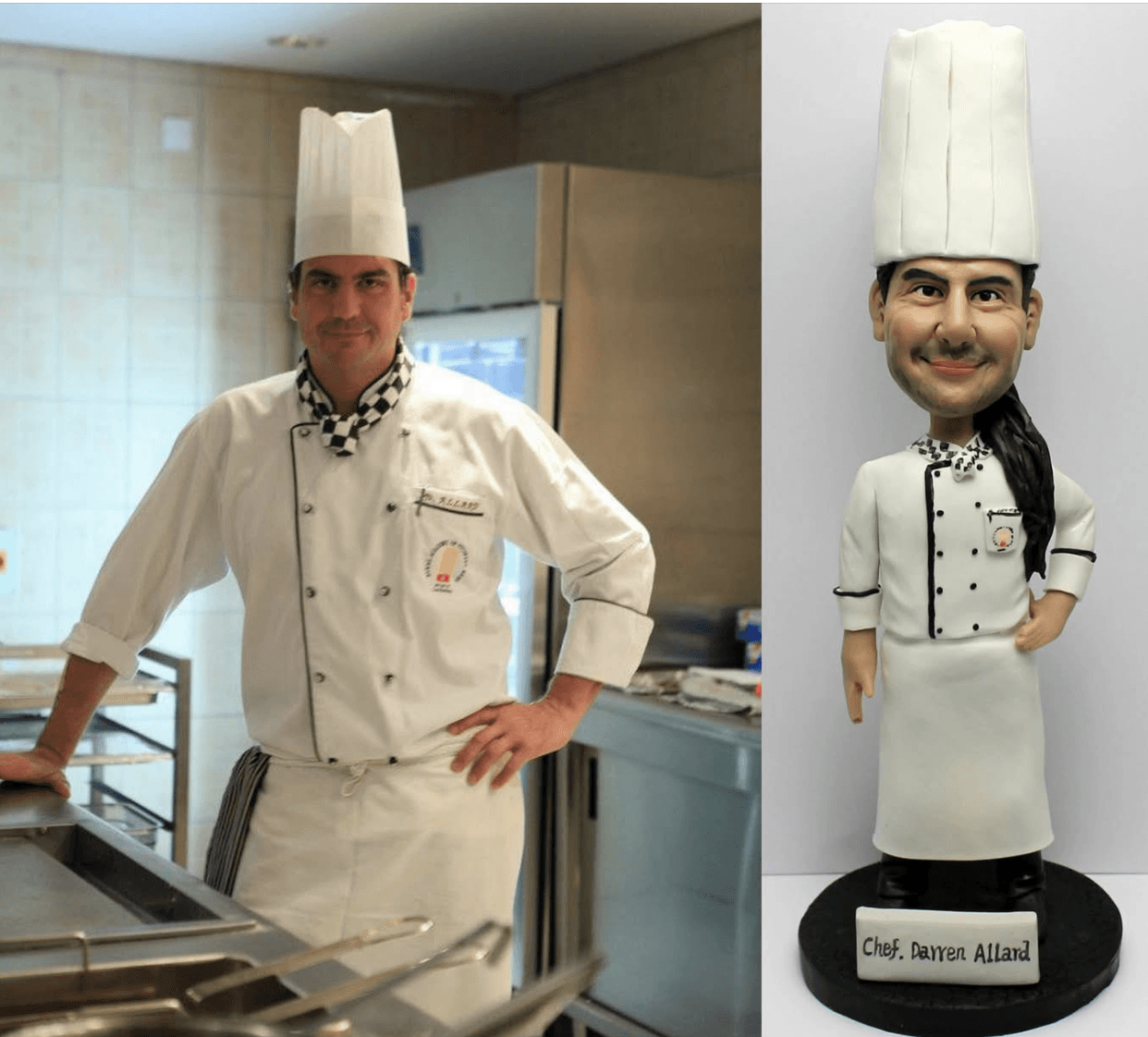In this exclusive Anovia sits down with a culinary storyteller whose relationship with food transcends recipes and reaches into the heart of identity, memory, and belonging. His friend call him Lafi. His full name is Mohammad Lafi. Through the dishes rooted in heritage and spiced with love, Lafi invites us to taste Jordan, not just as a place, but as a living philosophy.
Anovia: You describe food as the point where the heart and brain meet. Can you share a moment or dish that best captures that union?
Chef Lafi: For me, breaking bread is never just about eating — it’s a sacred act of connection. A shared table becomes a space of trust, belonging, and quiet camaraderie. In our culture, bread is more than nourishment; it’s a symbol of love, intimacy, and tradition. That’s where the heart and the mind truly meet — over the warmth of a shared meal and the comfort of being seen.
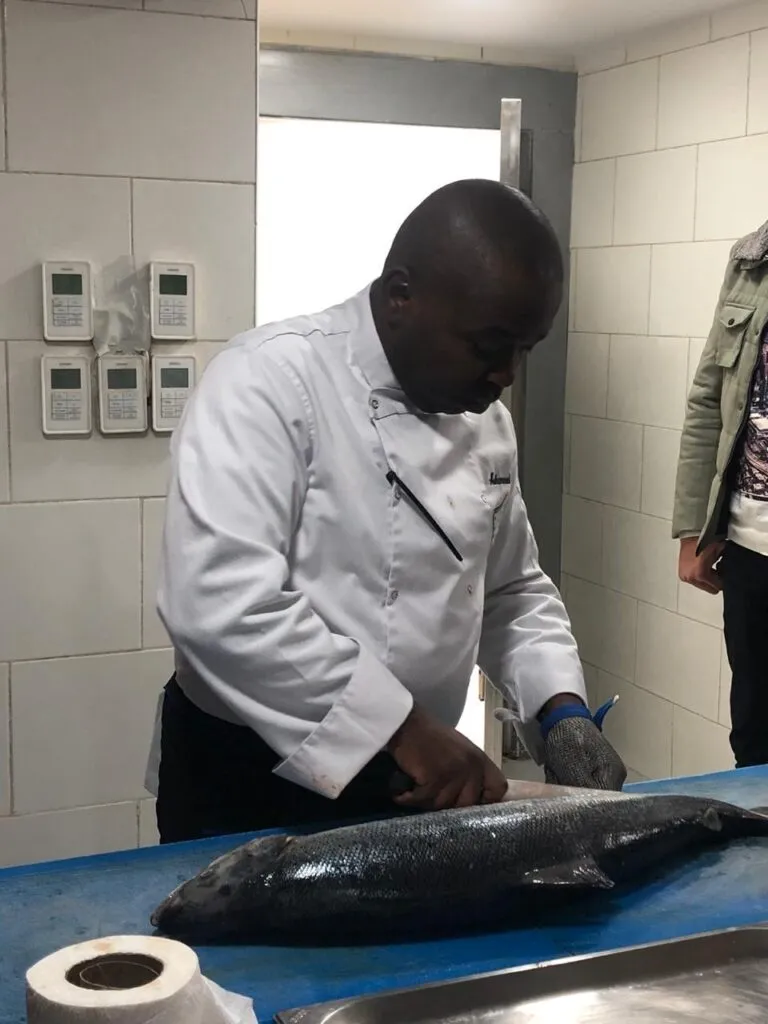
Anovia: You speak of tracing family memories to “readdress the past.” Which forgotten recipe or ritual are you most proud to have revived?
“Mulokhia,” my mother used to say, and suddenly the whole kitchen would come alive. A humble dish, passed down from generations, it was more than food. It was a ritual. My siblings and I would sit and pluck the leaves, my father would finely chop them, and I had the honorable mission of going to the poultry shop, waiting in line, bringing back the fresh chicken. My mother? She was the alchemist. She added something no one else could.
Her secret ingredient? It was love.
She always smiled when someone told her, “It smells amazing.” And it did — always. That smell lives with me still. Her Mulokhia was simple, comforting, and full of soul. Wherever I am in the world, it brings me home.
Anovia: You say food and culture is not only a place or a dish, but a way of life. How do you bring this philosophy into your cooking today?
Every dish tells the story of how we live — how we grow, prepare, share, and savor. Food habits aren’t random; they reflect values, climates, migrations, rituals. When you move across borders, you carry your flavors with you, but you also adapt — and that creates something new, something layered. In my kitchen, I don’t just cook; I build bridges between memory and identity, between what we were and what we’re becoming.
Anovia: You mentioned the scent of smoking nettle (sheeh) grass and the sound of the simsimiyya by the Gulf of Aqaba. How do these sensory moments shape your understanding of Jordanian identity?
Those scents and sounds are the heartbeat of home. Even when I’m far, they pull me back — grounding me in who I am and where I come from. I carry that essence into every dish I create. As a chef and storyteller, I see myself as a cultural ambassador, sharing the beauty of Jordanian identity with the world. Through flavor, I place our heritage firmly — and proudly — on the global culinary map.
Anovia: You describe Jordanian cuisine as “an amulet facetted as the desert and the mountain.” What indigenous dish best expresses that contrast, and why?
Without a doubt: Mansaf — the Majestic.
I call it that because it’s more than a meal; it’s a cultural statement. It carries within it the spirit of our deserts, the hospitality of our highlands, and the unspoken codes of honor, pride, and generosity. In every grain of rice and drizzle of jameed, there’s something sacred — a taste of who we are.
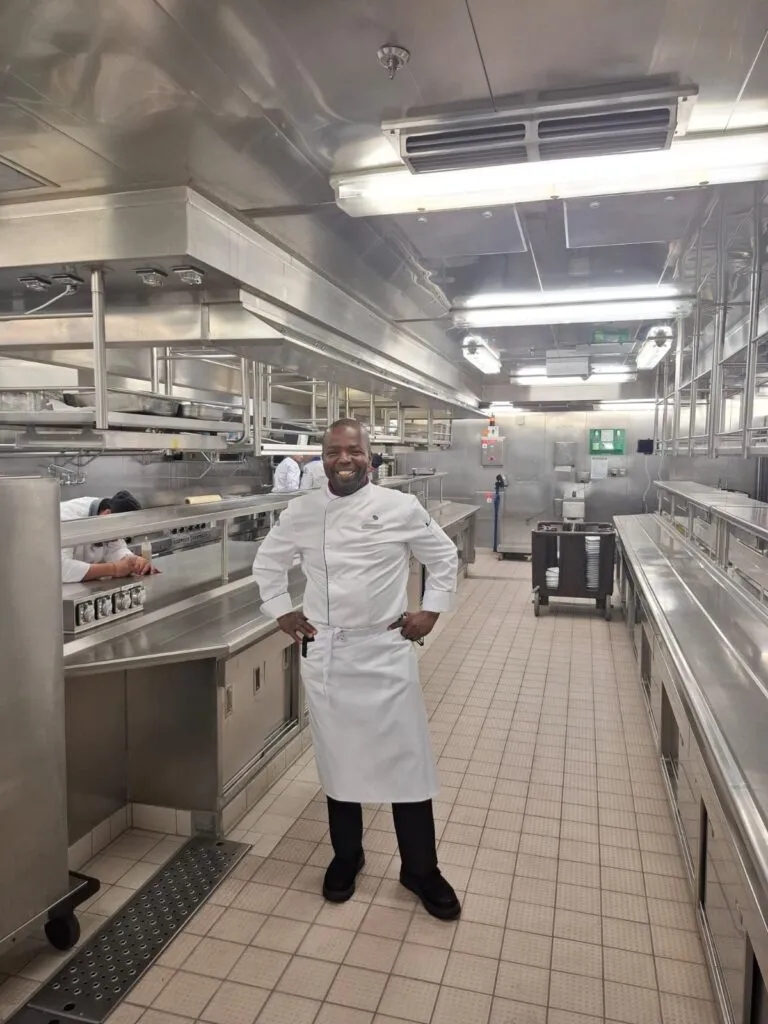
Anovia: You call your cooking part of a “long-standing tradition and hospitality manner.” How do you see the Jordanian host evolving today—especially in a world rediscovering slow food and authenticity?
We’re building a new model for Jordanian hospitality — one rooted in authenticity and quality. We are elevating local ingredients and traditions, sourcing from across the Kingdom, and celebrating what we’ve inherited: Irth — our culinary heritage. Irth isn’t static; it’s alive, evolving, expanding. It gives local producers the tools to grow, and gives us, as hosts, the power to offer something both deeply traditional and globally resonant.
Anovia: What childhood moment most influenced your culinary philosophy today?
It was always in the airو the mingling of spices, the sizzle of garlic in ghee, the quiet confidence in my mother’s hands. She didn’t just cookو she orchestrated magic, night after night. Her meals brought new dimensions to our table, each one familiar yet surprising. Watching her taught me that cooking isn’t about ingredients alone.
It’s about intention.
It’s about love that simmers slowly.
And it’s about giving others a piece of homeو even when they’re far from it.


